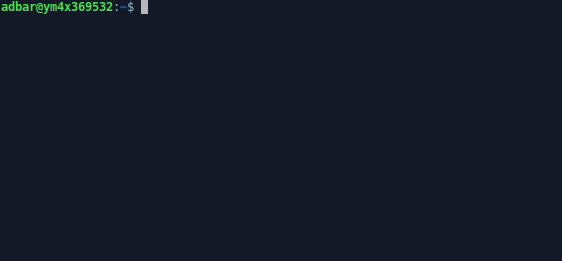Find original and updated publication dates of any web page. It is often not possible to do it using just the URL or the server response.
On the command-line or with Python, all the steps needed from web page download to HTML parsing, scraping, and text analysis are included.
The package is used in production on millions of documents and integrated into thousands of projects.
>>> from htmldate import find_date
>>> find_date('http://blog.python.org/2016/12/python-360-is-now-available.html')
'2016-12-23'$ htmldate -u http://blog.python.org/2016/12/python-360-is-now-available.html
'2016-12-23'- Flexible input: URLs, HTML files, or HTML trees can be used as input (including batch processing).
- Customizable output: Any date format (defaults to ISO 8601 YMD).
- Detection of both original and updated dates.
- Multilingual.
- Compatible with all recent versions of Python.
Htmldate operates by sifting through HTML markup and if necessary text elements. It features the following heuristics:
- Markup in header: Common patterns are used to identify relevant
elements (e.g.
linkandmetaelements) including Open Graph protocol attributes. - HTML code: The whole document is searched for structural markers
like
abbrortimeelements and a series of attributes (e.g.postmetadata). - Bare HTML content: Heuristics are run on text and markup:
- In
fastmode the HTML page is cleaned and precise patterns are targeted. - In
extensivemode all potential dates are collected and a disambiguation algorithm determines the best one.
- In
Finally, the output is validated and converted to the chosen format.
1000 web pages containing identifiable dates (as of 2023-11-13 on Python 3.10)
| Python Package | Precision | Recall | Accuracy | F-Score | Time |
|---|---|---|---|---|---|
| articleDateExtractor 0.20 | 0.803 | 0.734 | 0.622 | 0.767 | 5x |
| date_guesser 2.1.4 | 0.781 | 0.600 | 0.514 | 0.679 | 18x |
| goose3 3.1.17 | 0.869 | 0.532 | 0.493 | 0.660 | 15x |
| htmldate[all] 1.6.0 (fast) | 0.883 | 0.924 | 0.823 | 0.903 | 1x |
| htmldate[all] 1.6.0 (extensive) | 0.870 | 0.993 | 0.865 | 0.928 | 1.7x |
| newspaper3k 0.2.8 | 0.769 | 0.667 | 0.556 | 0.715 | 15x |
| news-please 1.5.35 | 0.801 | 0.768 | 0.645 | 0.784 | 34x |
For the complete results and explanations see evaluation page.
Htmldate is tested on Linux, macOS and Windows systems, it is compatible
with Python 3.8 upwards. It can notably be installed with pip (pip3
where applicable) from the PyPI package repository:
pip install htmldate- (optionally)
pip install htmldate[speed]
The last version to support Python 3.6 and 3.7 is htmldate==1.8.1.
For more details on installation, Python & CLI usage, please refer to the documentation: htmldate.readthedocs.io
This package is distributed under the Apache 2.0 license.
Versions prior to v1.8.0 are under GPLv3+ license.
Initially launched to create text databases for research purposes at the Berlin-Brandenburg Academy of Sciences (DWDS and ZDL units), this project continues to be maintained but its future development depends on community support.
If you value this software or depend on it for your product, consider sponsoring it and contributing to its codebase. Your support will help maintain and enhance this package. Visit the Contributing page for more information.
Reach out via the software repository or the contact page for inquiries, collaborations, or feedback.
@article{barbaresi-2020-htmldate,
title = {{htmldate: A Python package to extract publication dates from web pages}},
author = "Barbaresi, Adrien",
journal = "Journal of Open Source Software",
volume = 5,
number = 51,
pages = 2439,
url = {https://doi.org/10.21105/joss.02439},
publisher = {The Open Journal},
year = 2020,
}- Barbaresi, A. "htmldate: A Python package to extract publication dates from web pages", Journal of Open Source Software, 5(51), 2439, 2020. DOI: 10.21105/joss.02439
- Barbaresi, A. "Generic Web Content Extraction with Open-Source Software", Proceedings of KONVENS 2019, Kaleidoscope Abstracts, 2019.
- Barbaresi, A. "Efficient construction of metadata-enhanced web corpora", Proceedings of the 10th Web as Corpus Workshop (WAC-X), 2016.
Kudos to the following software libraries:
- lxml, dateparser
- A few patterns are derived from the python-goose, metascraper, newspaper and articleDateExtractor libraries. This module extends their coverage and robustness significantly.







